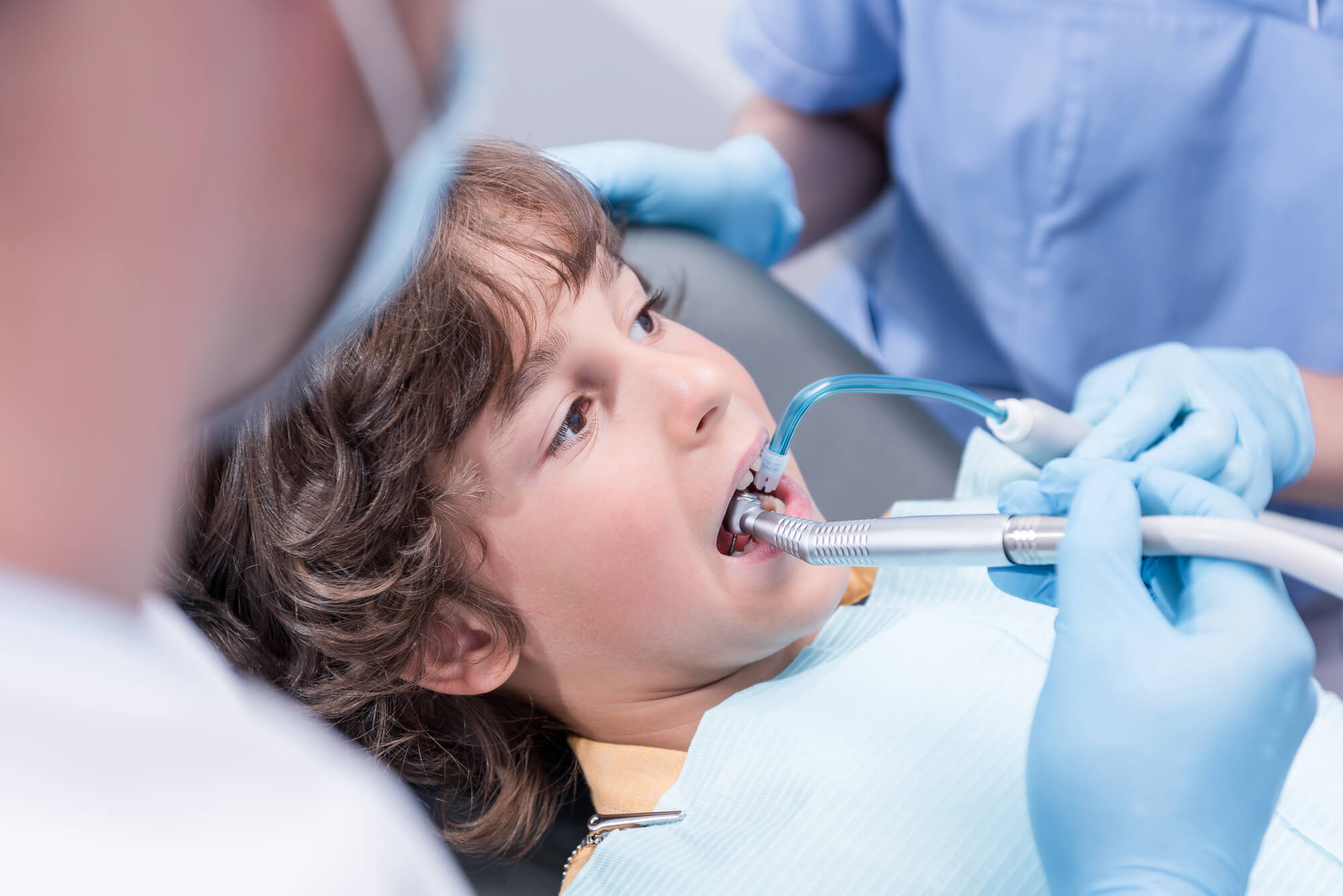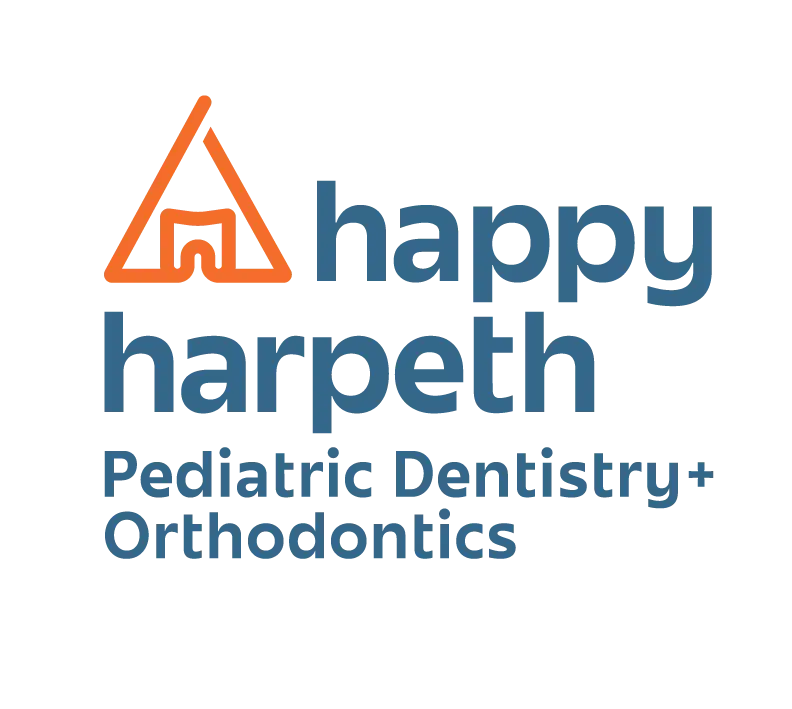There is more to oral health than just having a bright smile and a clean mouth. Oral issues like cavities or gum disease can affect a child's ability to eat, talk, and interact with others, considerably impacting their quality of life if they don’t visit our Smyrna pediatric dentistry right away.
One of the aspects of their lives that may be affected is their school performance. In the past few years, more and more studies have emerged pointing out the link between dental-related problems like cavities and absences from school, leading to difficulties in a child’s learning path.
To help you understand the importance of preventing these issues, we came up with this article.

How Can Oral Health Affect Academic Performance?
Nearly one in five children between the ages of five and eleven suffer from tooth decay, making it one of the most prevalent chronic conditions in children, according to the Centers for Disease Control and Prevention (CDC).
Unfortunately, a number of studies have looked into the relationship between academic success and dental health. A study conducted by researchers at the University of North Carolina found that children with poor oral health were more likely to miss school and have lower grades.
Children who have untreated dental issues are much more likely to face educational disruptions, including missed school days and difficulty focusing, according to a different study published in the Journal of Public Health Dentistry.
Furthermore, a 2014 National Institutes of Health (NIH) study provided more evidence for the connection between academic achievement and dental health. Some of the reasons cited for this link include:
1. Pain and Discomfort
Issues like cavities and gum disease can cause pain and discomfort, which can prevent kids from concentrating. This can make it harder for your child to focus in class or participate in activities.
In the long run, constant pain can lead to irritability, lack of sleep, and difficulty concentrating, all of which hinder learning and academic performance.
2. Absenteeism
Dental problems, such as cavities or gum infections, may require treatment that causes children to miss school.
A study conducted by the American Dental Association (ADA) found that millions of school hours are lost annually due to dental-related absences. Absence from school can result in knowledge gaps and a drop in academic performance since it deprives students of crucial lessons and learning opportunities.
3. Poor Nutrition
Untreated dental issues, such as cavities or gum disease, can make eating difficult and painful for children. When chewing becomes a challenge, children may avoid certain healthy foods, such as fruits and vegetables, in favor of softer or less nutritious options.
Poor nutrition, in turn, can affect a child’s energy levels, ability to concentrate, and overall cognitive function, all of which contribute to academic performance.
4. Low Self-Esteem and Social Stigma
Children who have visible dental problems, such as crooked teeth or dental decay, may feel self-conscious or embarrassed about their appearance. This can affect their confidence and willingness to engage with classmates and teachers.
Social anxiety can make it difficult to participate in group projects or class discussions, which can limit learning and development opportunities. Additionally, kids who are self-conscious about their teeth might not talk or smile, which can hinder their ability to communicate clearly.
All of these will not only become a barrier to their academic success but may also cause them social and emotional challenges.

5. Cognitive Development
Dental health can also influence cognitive function. Chronic oral health problems can lead to poor sleep patterns, particularly if a child experiences frequent pain or discomfort.
Sleep is essential for memory consolidation, problem-solving abilities, and general brain function. Dental problems can make it more difficult for kids to remember things or focus in class, which can impact their academic performance.
Strategies to Improve Oral Health and Academic Performance
As you can see, prioritizing your child’s oral health is crucial to ensuring their future, in which they can explore their cognitive abilities to the fullest. This is simpler said than done, though.
Taking the first step into improving your child’s oral health can be hard. To help you understand what to do, here are some strategies for parents, caregivers, and educators:
1. Promote Good Oral Hygiene Habits
Encourage children to brush their teeth twice a day with fluoride toothpaste and floss daily. Regular brushing and flossing are key to preventing cavities, gum disease, and other oral health issues that could interfere with learning.
Moreover, make sure to supervise your children’s brushing and flossing techniques to ensure they’re doing it the right way until they are old enough to brush on their own.
2. Regular Dental Checkups
Children should visit the dentist regularly for checkups and cleanings. Unlike an adult’s smile, a child’s teeth are still developing, which makes them more vulnerable to cavities.
Luckily, prompt intervention from a dental professional can easily stop the infection and restore your child’s dental health, so regular appointments are fundamental.
3. Foster Healthy Eating Habits
Encourage children to eat a balanced diet that supports both oral and overall health. Offer plenty of fruits, vegetables, and dairy products, which provide essential nutrients for healthy teeth and gums, and steer clear of sugary drinks and snacks, as they can cause dental decay.
Drinking water, especially fluoridated water, is essential for maintaining good oral health.
4. Address Dental Anxiety
If a child is anxious about going to the dentist, take steps to reduce their fear. Discuss with your child the value of dental checkups and what to anticipate.
Locating a pediatric dentist who specializes in treating kids and can enhance the experience might also be something to think about.

Protect Your Kid’s Health with Our Smyrna Pediatric Dentistry
Ensuring your child’s oral health is an investment in both their education and smile. Parents, guardians, and educators can help make sure that kids have the resources they need for academic success by emphasizing healthy eating habits and good oral hygiene.
Regular visits to a pediatric dentist play a crucial role in that, too. We can assess the state of your kid’s smile and provide needed treatment if an issue is identified before it can become a serious problem. If you’re due for a dental check-up, reach out to Happy Harpeth & Associates!





